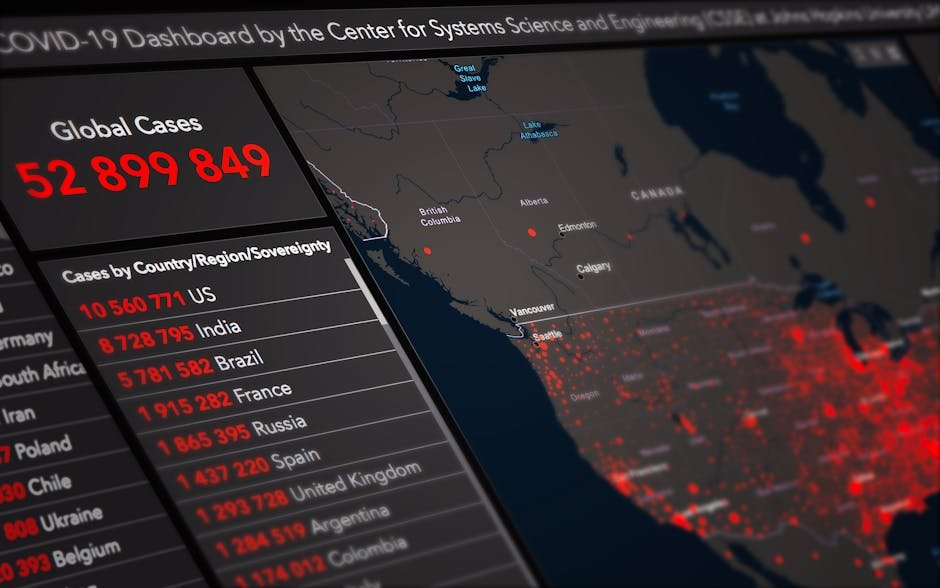Puerto Rico’s Emerging Remote Work Landscape: A Legal and Economic Analysis (2025)
Puerto Rico’s burgeoning remote work sector is attracting significant attention from global employers in 2025, driven by a confluence of factors including favorable tax incentives, a growing digital infrastructure, and a relatively low cost of living. However, navigating the legal complexities inherent in employing remote workers in the U.S. territory requires careful consideration. This report examines the current legal landscape and its implications for international companies.
Act 60 and its Impact on Remote Workers
Act 60 of 2019, amended several times since its inception, remains the cornerstone of Puerto Rico’s strategy to attract remote workers and high-net-worth individuals. The act offers significant tax incentives, but its application for remote workers remains somewhat nuanced and subject to ongoing interpretation. While offering considerable financial benefits, potential pitfalls remain for companies unfamiliar with the intricacies of the legislation. Compliance issues are a major concern for those navigating the requirements.
Challenges and Clarifications Needed
Several ambiguities in Act 60’s application to remote workers persist in 2025. Clarification is needed regarding the precise definition of “qualified remote worker,” the specifics of residency requirements, and the processes for claiming tax benefits. These uncertainties can deter some businesses, highlighting the need for improved clarity and streamlined processes. The Puerto Rico Department of Treasury frequently publishes updates and interpretations, but these often lag behind the evolving needs of companies.
Employment Law Considerations for Global Employers
Employing remote workers in Puerto Rico necessitates a thorough understanding of local labor laws. These laws, distinct from those in the mainland U.S., dictate minimum wage, working hours, and employee benefits. Compliance is crucial to avoid potential penalties and legal disputes. International businesses must ensure their HR practices align with Puerto Rican regulations. This includes proper classification of employees versus independent contractors, as this distinction significantly impacts legal and tax obligations.
Navigating Local Labor Laws and Regulations
Failure to comply with local labor laws can result in significant fines and legal challenges. Recent court cases highlight the importance of seeking legal advice from firms specializing in Puerto Rican employment law. Businesses must thoroughly review their contracts, ensuring compliance with local regulations on termination, severance pay, and other employment-related matters. The lack of readily available, English-language resources creates further hurdles for foreign businesses.
The Economic Impact and Future Projections
Puerto Rico’s economy is experiencing a noticeable boost from the influx of remote workers in 2025. This influx generates substantial revenue, not only through taxes but also through increased spending in local businesses. However, the long-term sustainability of this economic model depends on factors such as infrastructure improvements, workforce development, and addressing the challenges of equitable distribution of economic benefits.
Economic Indicators and Growth Projections
- Increased tax revenue: Significant increase in individual and corporate income tax revenue observed in 2025.
- Growth in local businesses: Reports show a noticeable increase in revenue for businesses catering to remote workers, including restaurants, co-working spaces, and service providers.
- Housing market impact: Rising demand for rental properties in certain areas, leading to increased rental prices and potential housing shortages in some regions.
- Infrastructure challenges: Existing infrastructure in some areas is struggling to cope with the increased demand, resulting in internet connectivity issues.
Infrastructure and Digital Connectivity
The reliability of internet access and digital infrastructure is a critical factor determining the long-term success of Puerto Rico’s remote work strategy. While significant improvements have been made in recent years, challenges persist, particularly in more rural areas. This infrastructural gap can hinder the growth of the sector and limit its potential benefits. Investment in digital infrastructure is paramount for sustainable growth.
Addressing Infrastructure Deficiencies
Improving digital infrastructure is essential to attracting and retaining a high-skilled remote workforce. Consistent high-speed internet access is critical. Investments in fiber optic networks, improved mobile connectivity, and cybersecurity infrastructure are essential components of any long-term strategy. This is also crucial for attracting higher-paying, knowledge-based jobs.
Conclusion: Opportunities and Challenges Ahead
Puerto Rico’s efforts to establish itself as a hub for remote workers offer significant opportunities for economic growth and diversification. Act 60 plays a crucial role, but its complexities necessitate careful navigation by both businesses and government agencies. Addressing challenges related to legal clarity, infrastructure, and equitable distribution of benefits will be essential for realizing the full potential of this emerging sector. Continued collaboration between government, businesses, and the local community is key to ensuring the sustainable growth of remote work in Puerto Rico.







